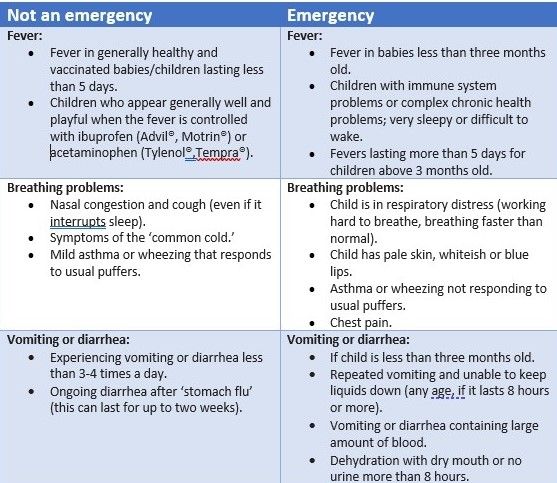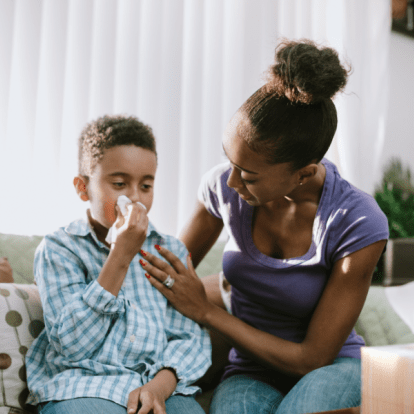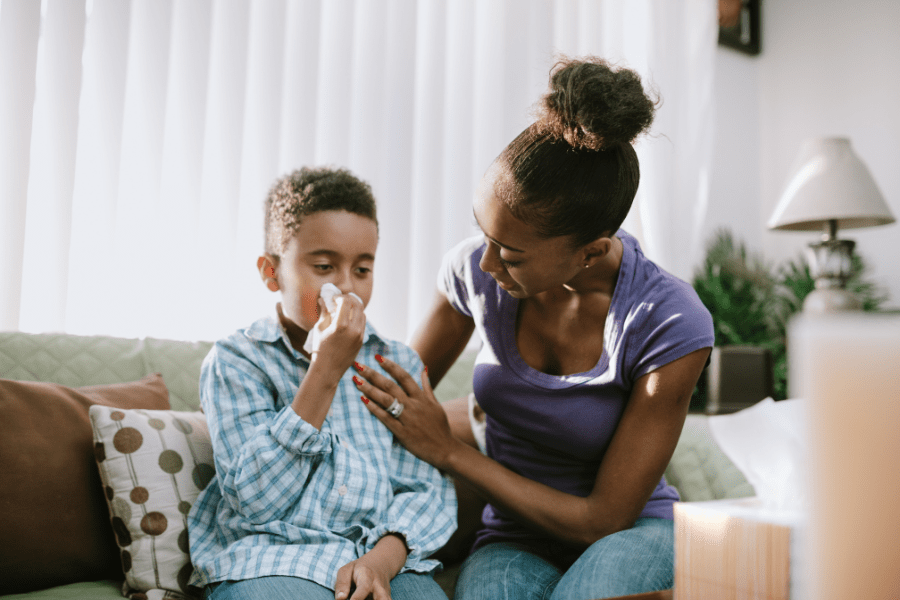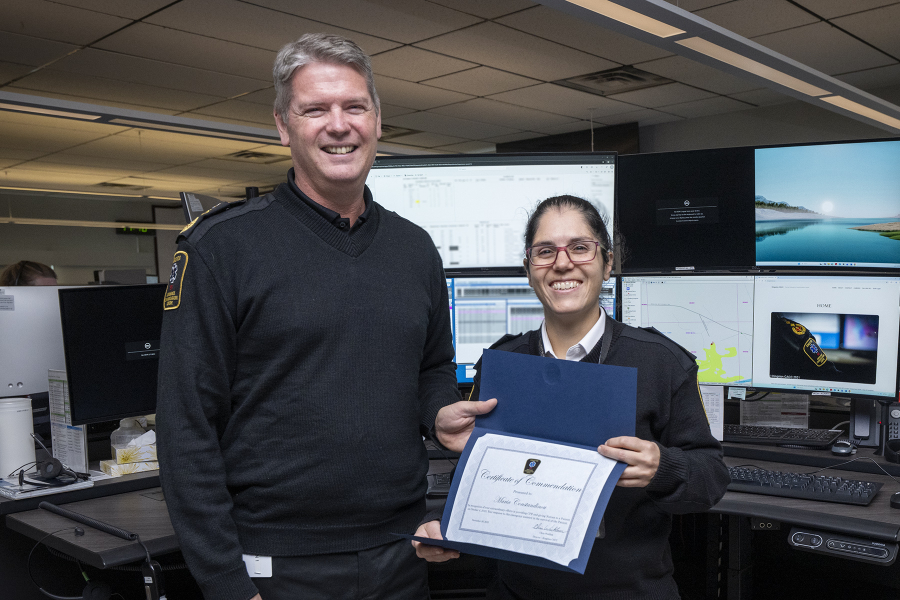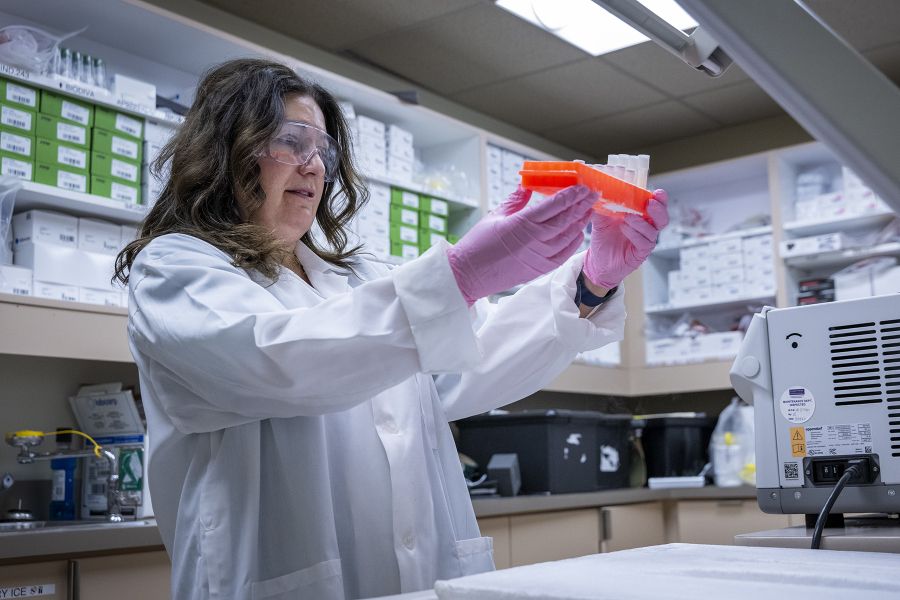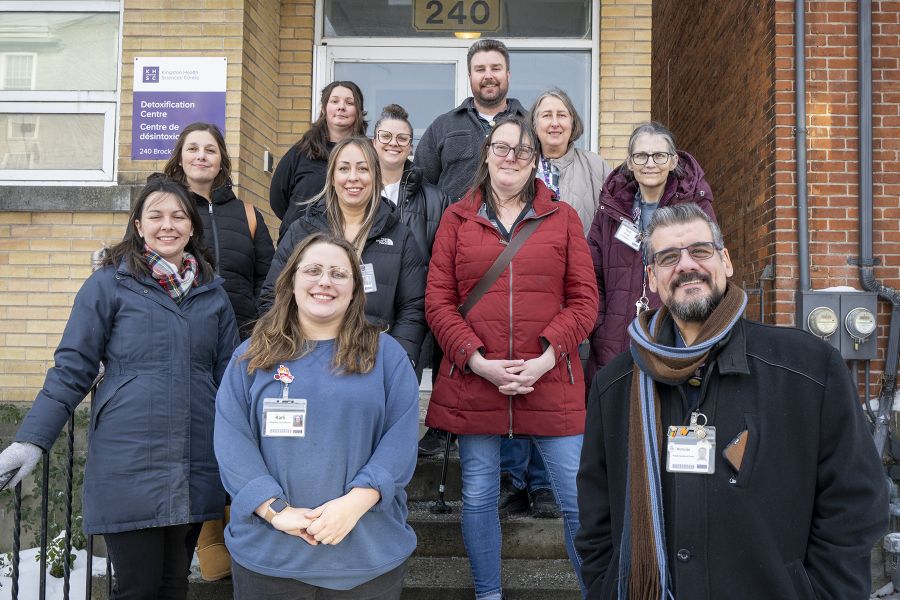Effective immediately masking is required for everyone when present on all inpatient units, in the Emergency Department (ED), the Urgent Care Centre (UCC), and the Children’s Outpatient Centre (COPC).
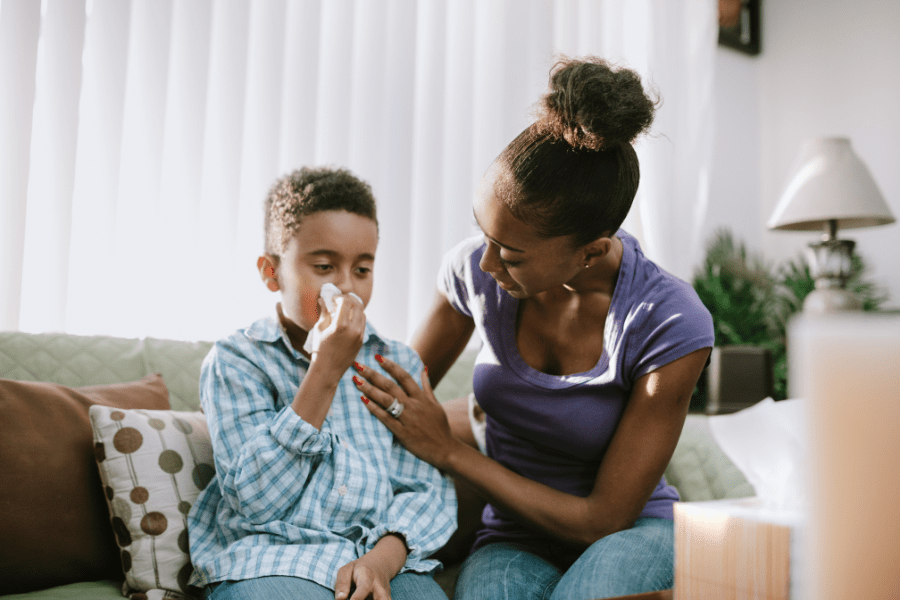
Kingston Health Sciences Centre (KHSC) along with our peer hospitals across the province, continue to see very large volumes of young children and infants in need of care as a result of Influenza and Respiratory syncytial virus (RSV) in the Urgent Care Centre, Emergency Department and Children’s Outpatient Clinic (COPC).
As these respiratory illnesses continue to impact a large number of children in our community, KHSC’s Pediatric team is offering some helpful tips to help parents navigate the next few weeks.
“We are currently seeing many kids with very higher fevers, that are lasting much longer than typical (sometimes as long as 5-10 days), as well as lots of long-lasting coughs and sore throats,” says Pediatrician Dr. Amy Acker. “Even though we haven’t seen much of these viruses in the last few years, they are typical viruses seen in pediatrics and the majority of children will get better on their own at home with supportive care. However, don’t be surprised if the symptoms last longer than normal.”
Dr. Acker recommends that parents can help alleviate some milder symptoms using the following methods:
- Fever: Acetaminophen (Tylenol/Tempra) and ibuprofen (Advil/Motrin) can be used to control fevers and pain. If you are unable to find these products on store shelves, speak to the pharmacist as many pharmacies can now compound these medications without a prescription from a doctor. Fevers are not dangerous, but treating the fever may help a child feel better.
- Congestion: Saline (spray, drops or squeeze bottles) can be purchased at your local pharmacy and can be used to help ease congestion for children who are too young/unable to blow their nose. Saline can help clear the nasal passage/sinuses which can help children breathe and sleep easier.
- Fluids: Make sure your child is drinking fluids to remain hydrated during their illness. It is not uncommon to have a poor appetite when feeling unwell. If your child is vomiting, use Pedialyte as ‘oral replacement therapy’ to give small amounts of fluids often frequently (1 tsp every 5-10 minutes) so your child stays hydrated. Children who are getting enough fluids should urinate at least three times in 24 hours.
Visit the Ontario College of Family Physicians website for more family doctor tips, in multiple languages, on caring for children with respiratory symptoms.
“We strongly recommend that families mask again in public spaces, get vaccinated against COVID and Influenza, and practice good handwashing and physical distancing in public spaces,” says Dr. Acker. “If children are symptomatic, parents should keep them at home until their fever is gone and symptoms start to improve. Once your child starts to feel better, we recommend they a mask in public for 10 days to lessen the chance of spreading their illness to others.”
Where and when to seek care:
The chart below has been developed to help parents identify when children should be brought to the hospital. In emergencies, children can be seen in COPC or UCC at our Hotel Dieu Hospital site, or in the Emergency Department at our Kingston General Hospital site.
For non-emergency or for children with less urgent needs (identified by the chart below) parents should contact their family physician or visit www.rightplacerightcare.ca for help determining other alternative health care options.
